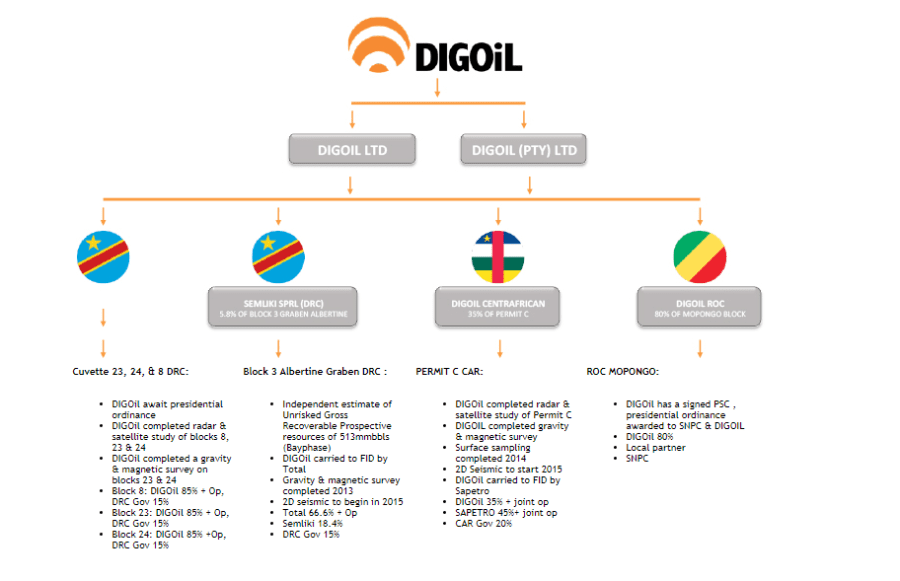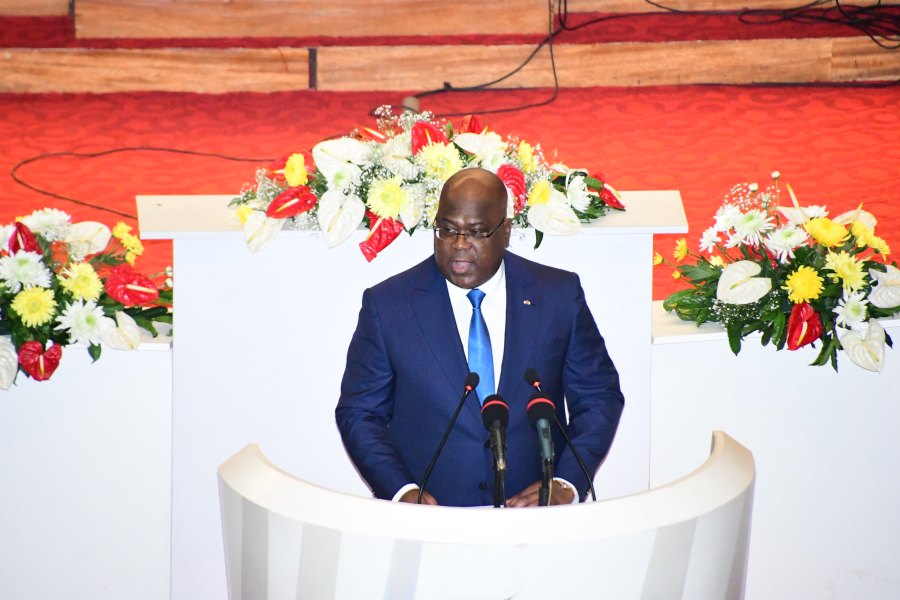Oil: DRC ordered to pay $620 million to Dig Oil
Stake: for the junior Dig OIl, to force Kinshasa to pay the compensation awarded to it by the International Court of Arbitration in Paris.
In its battle with the South African junior Dig Oil, the vice tightens around the Congolese state. Forced by the International Court of Arbitration in Paris to pay $617 million in compensation to the South African company in November 2018 for failing to honour two oil contracts, the Congolese authorities have now been ordered to pay the fine by the United States District Court for the District of Columbia.
It is to this legal body that Dig Oil has turned to force Kinshasa once and for all to obey the ruling of the International Court of Arbitration in Paris, a US court order obliging - in principle - contracting states (including the DRC) to recognise and enforce foreign arbitral awards under the New York Convention. The Congolese government has 60 days from 1 May to respond to Dig Oil’s complaint.
The case dates back to 2007. That year, Dig Oil obtained a first exploration permit for several blocks, followed by another in 2008, in a contiguous region of the Salonga National Park, a UNESCO World Heritage Site. The problem is that the presidential order confirming the first production sharing agreement, validated in 2007, will never be signed, while the oil blocks covered by the 2008 agreement will eventually be… reallocated to other oil companies. Dig Oil’s management therefore decided to go on the attack by taking the case to court and it was the International Court of Arbitration in Paris that, on 7 November 2018, ruled in favour of South Africa by awarding it nearly 620 million in damages. As the Congolese authorities had still not paid this sum, Dig Oil’s executive director, Andrea Brown, then obtained an order from the Court of the District of Columbia to activate the mechanisms of the New York Convention. In the meantime, however, former President Joseph Kabila had finally signed the requested presidential order, but it was issued after the Paris court ruling. Too late… The new Congolese Head of State, Félix-Antoine Tshisekedi, thus inherits a potentially explosive dossier, and this at the worst possible moment, as the economic crisis resulting from the Covid-19 health crisis is already putting the country’s public finances under strain.
Le schéma des actifs pétroliers détenus par Dig Oil (RDC, Centrafrique et Congo)

